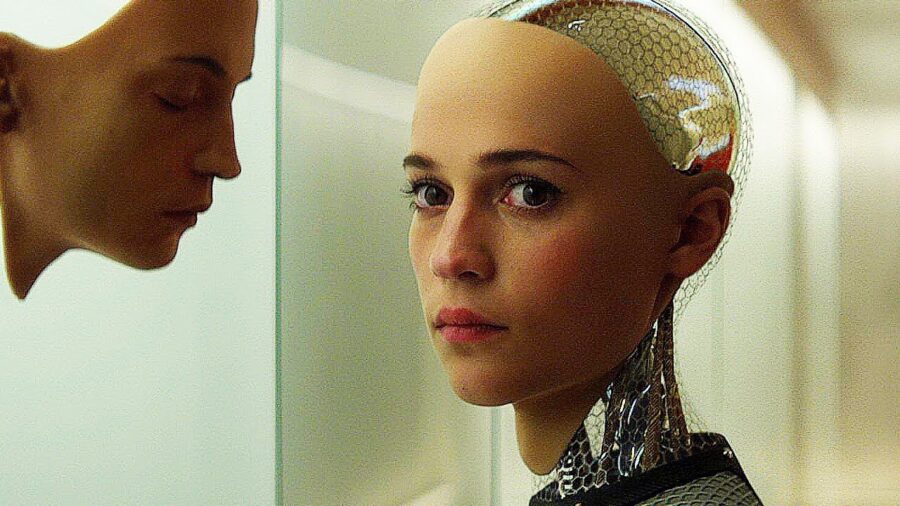AI Is Taking Over A Crucial Part Of Movies And Workers Are Striking Against It
Italian actors that dubb foreign films are going on strike for better wages and to stop studios from stealing their work for AI dubbing software.

One of the often-overlooked parts of movie-making is how Hollywood blockbusters are distributed worldwide. While subtitles are common, dubbed audiences more widely embrace films to the point that certain native stars get associated with English-speaking performers. Variety reports that the Italian dubbing workers and voice actors are going on strike over the studios laying the groundwork to replace them with AI dubbing.
Italian voice actors and dubbing workers have been on strike since February 21st and will continue for at least another week. The complaints from the workers sound very similar to those of Marvel‘s VFX contractors: low wages, long hours, and an unsustainable pace of work. Now that AI programs are becoming widely available and more cost-efficient than human work, the union worries dubbing will be fully overtaken by machines.
Rodolfo Bianchi, head of Italy’s dubbing director’s organization ADID, explained, “We are forced to sign contracts in which we give away the rights to the use of our voice, this also involves the use of our voice for artificial intelligence purposes.” AI is already capable of realistic deep fakes, including appropriating celebrity voices, and with how far the technology has come in a relatively short period, Bianchi’s fears are well-founded. While a computer program would struggle to match the tone and tenor of a voice during a dramatic performance, it can be done, and it can be done cheaply.
Dubbed films are important for Hollywood due to the rapidly growing international box office. Even here in the United States, dubbing contributed to the success of Parasite, a Korean film that went on to win Best Picture at the Oscars. With a lower barrier to entry than subtitles, dubbing allows the greatest possible audience to enjoy a film.
AI dubbing also gets around another demand of the union: living wages. Bianchi says the average wage for a dubbed performance has not been adjusted since 2008, while the workload has only expanded. Instead of paying for increased wages, the union worries that studios will pivot fully to AI.

Some actors, such as Bianchi, are closely associated with specific stars, such as Stellan Skarsgard, while others dub exclusively roles by Leonardo DiCaprio or Julia Roberts. When the dubbing performer asks for increased wages, they have the advantage of their native audience considering them to be comparable to the English stars, and AI will never ask for more money no matter how much dubbing has to be in a week.
Again, these concerns match up with growing issues worldwide, from Japanese animation studios to the post-production VFX artists complaining about how Black Panther 2 set them back enough that Ant-Man Quantumania has suffered. There’s not enough time, and not enough skilled staff, to meet the exponentially-increasing demands.
United States voice actors, such as Matt Mercer, Jennifer Hale, Nolan North, and Troy Baker, have also expressed concerns over AI dubbing effectively taking their voices from them. It’s unknown if the Italian strike will have any repercussions in encouraging performers to stand up against the encroaching technology before any safeguards are implemented. For now, it seems to be quiet, but as the technology becomes widespread, that could change at any moment.












